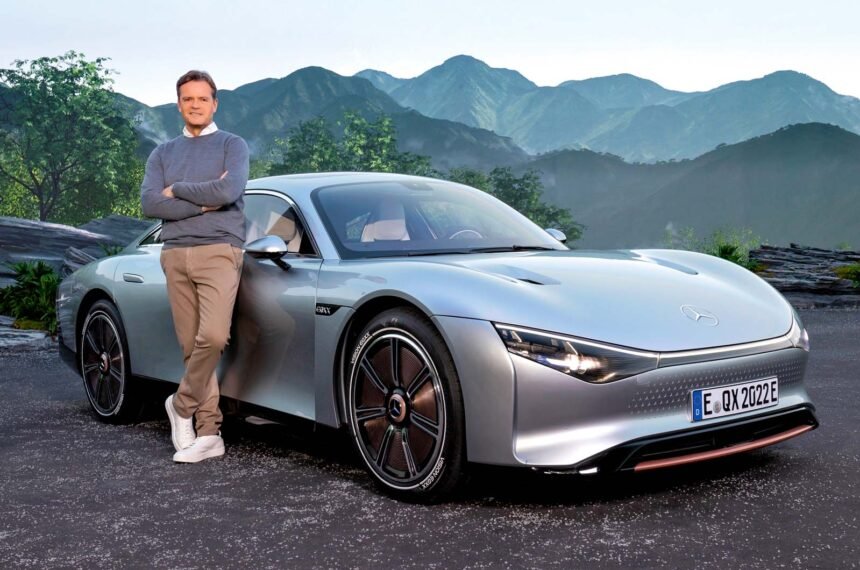Mercedes-Benz Shifts Focus to Electric, Digital, and Autonomous Vehicles
As the automotive industry undergoes a transformation from traditional combustion engines to electric, digital, and autonomous vehicles, Mercedes-Benz is adapting to this new era. According to Schäfer, the shift is driven by a combination of regulations and geopolitics, leading to a need for flexibility in the industry.
Customer choice plays a crucial role in this transition, with the ultimate goal being the adoption of electric cars. Mercedes-Benz believes that electric vehicles are the most efficient way to reduce carbon emissions and transform energy into movement. However, the company emphasizes the importance of convincing customers rather than forcing them to make the switch.
One of Mercedes-Benz’s upcoming electric models, the CLA, is set to offer more than 400 miles of range, a significant milestone for an entry-level electric vehicle. This achievement is the result of meticulous attention to detail in improving efficiency, from reducing wind resistance and optimizing aerodynamics to developing custom electric motors with dual gears for enhanced performance.
The CLA will be built on Mercedes’ new MMA platform, designed specifically for compact cars. Additionally, the company is working on platforms for medium-sized EVs and a dedicated architecture for future AMG performance models.
With a focus on innovation and sustainability, Mercedes-Benz is poised to lead the way in the electric vehicle market, offering customers a compelling blend of efficiency, performance, and cutting-edge technology.







